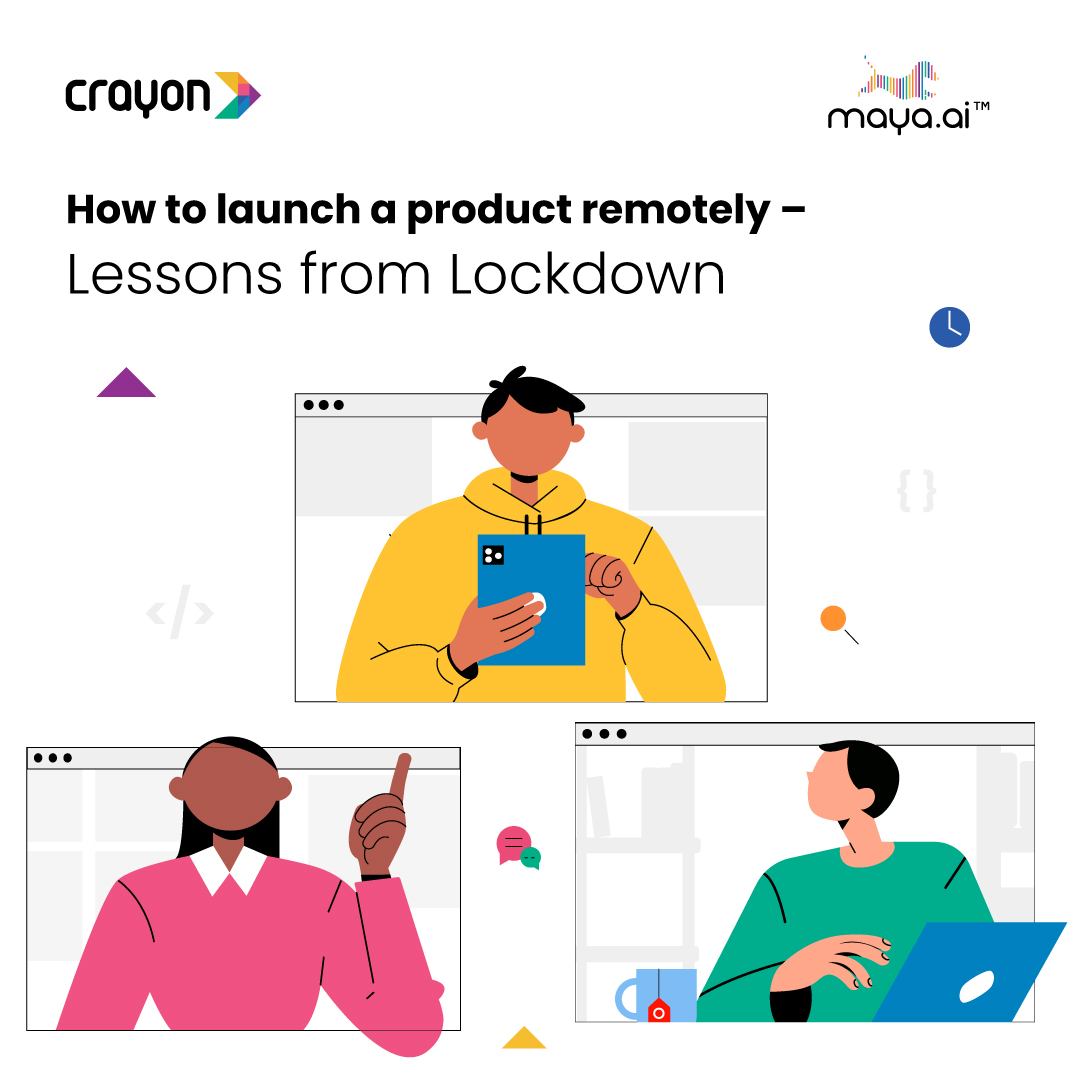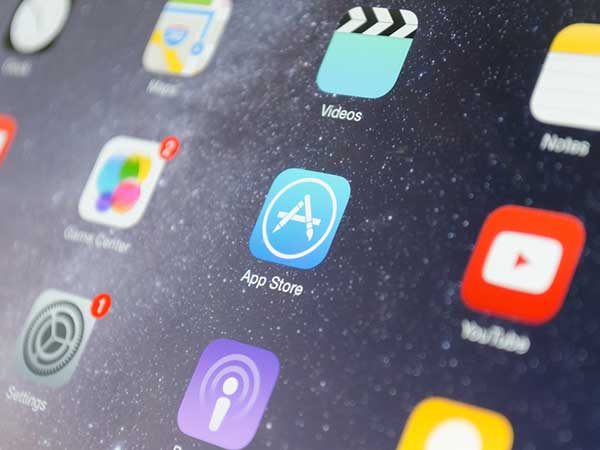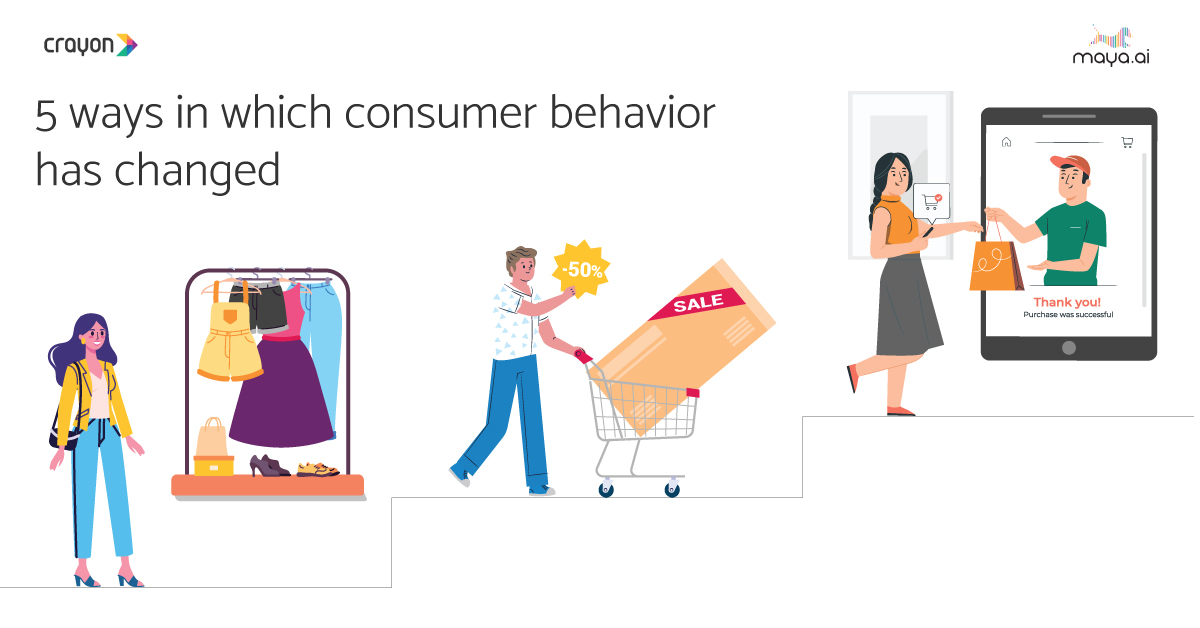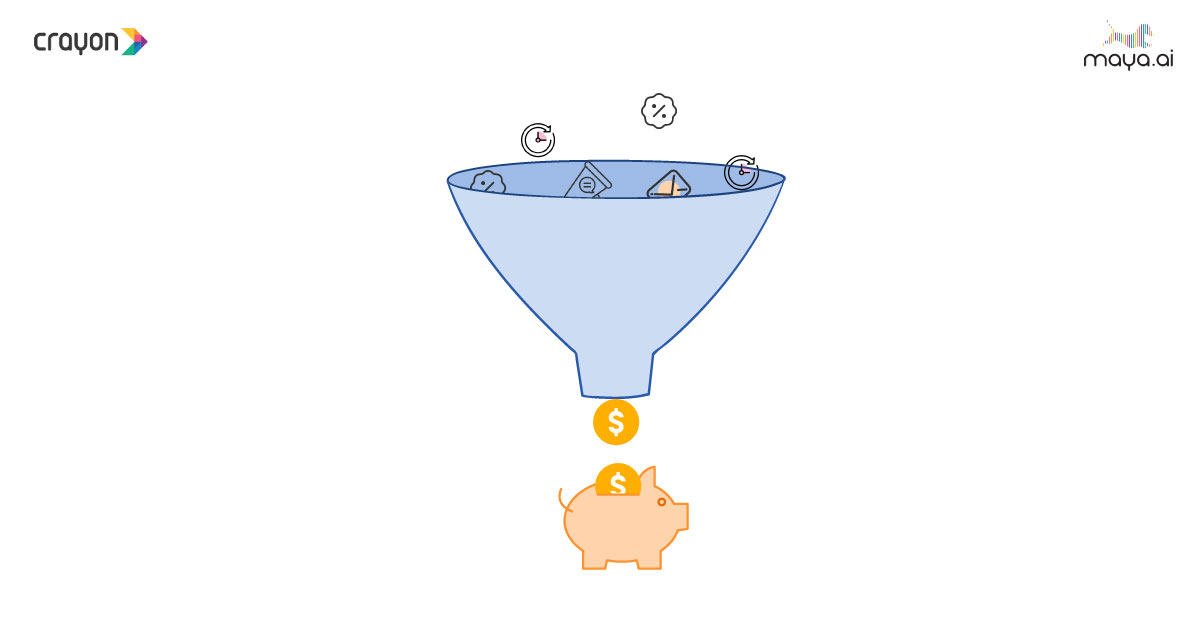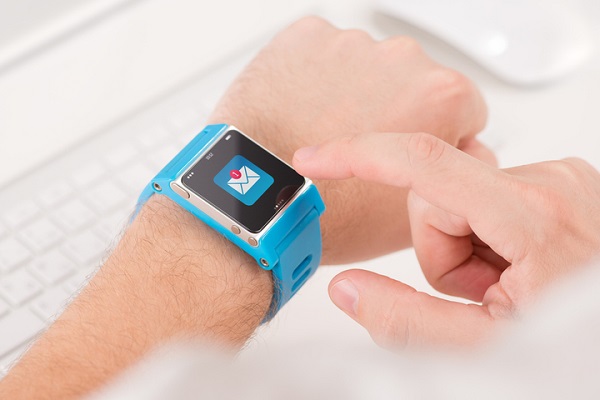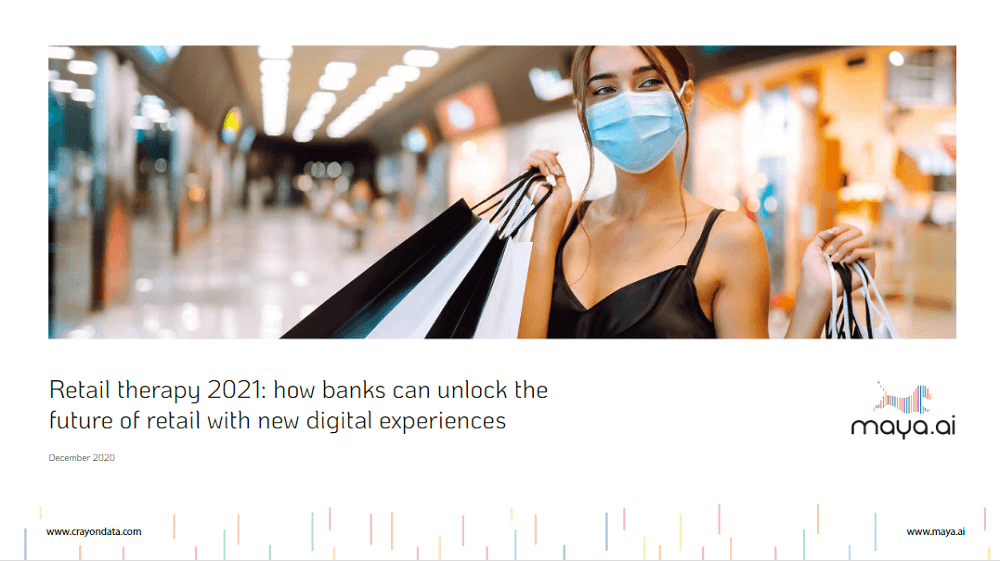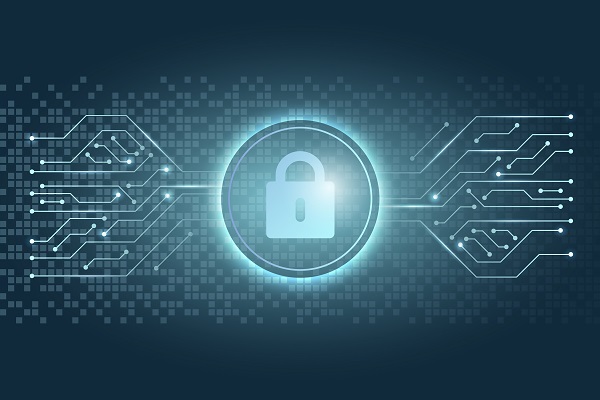The healthcare industry has started using advanced technologies such as electronic health records to store their patients’ data, be it their personal information, billing information, and so on. These technological advancements have reduced the workload of medical or healthcare organizations to a certain degree.
On the contrary, the use of advanced medical devices and other tools has increased the chances of data breaches and cyber attacks.
In this situation, when the whole world faces severe consequences of a coronavirus outbreak, the importance of cybersecurity in healthcare grows to another extent.
However, it is better to understand how different types of cybersecurity threats can hamper the performance and impacts of the healthcare industry amid COVID-19. This way, you can take various cybersecurity measures to curb the spread of viruses and attacks on clinical networks accordingly. Moreover, you can secure your patients’ sensitive data from hackers and other cybercriminals prying eyes.
Types of cybersecurity threats that are vulnerable to the healthcare industry
Different healthcare providers continue working with a hacked system without knowing that they have become victims of cyber attacks. This is the reason they have to incur billions of dollars of loss each year. Here is the list of cybersecurity threats that can harm the reputation of healthcare providers a great deal:
- Ransomware
- Phishing
- Malware
- DDoS (Distributed Denial of Service Attack)
- Medjacking
- Internal Threats
Ransomware
Ransomware works like malware that locks your system first. Once it has locked your system, you are compelled to pay a hefty amount as a ransom to unlock your devices. During 2017, the NHS (National Health Service) faced a similar kind of attack in the UK, in which 2000,000 computers were targeted across 16 centers.
Phishing
Phishing is quite different from ransomware as it takes place with the help of an email attack in which the recipient of the email is persuaded to provide his or her personal information by clicking a hyperlink provided in the message. Unfortunately, 60% of healthcare data breaches incidents involve phishing attacks.
These attacks are increasing in huge numbers throughout the world. An employee of Montpellier University Medical Center unintentionally clicked on a malicious link given in the phishing email. Consequently, the privacy of 600 computers was compromised due to this small negligence.
Malware
Malware acts like a virus that can corrupt your crucial data. Likewise, it can take control of your systems at times. According to the state of healthcare cybersecurity report, there is a 60% increase in malware trojan attacks during the first three quarters of 2019 compared to the whole year of 2018.
DDoS (Distributed Denial of Service) Attack
DDoS is another kind of cyber attack that allows an attacker to control multiple computer systems. By doing so, the network becomes overloaded, and users cannot access their systems or devices.
Similar to phishing attacks, DDoS attacks on healthcare organizations increased by 12% in 2018 compared to 10% during 2017. Therefore, DDoS managed services have become the need of the hour.
Medjacking
Medjacking is a relatively unknown form of cyber attack, but it does exist in reality. This sort of attack is performed by manipulating medical devices and instruments to harm the reputation of medical organizations.
Internal threats
Besides external cybersecurity threats, internal threats may turn out to be devastating ones. In case you have fired an employee from your organization based on his or her performance or for any reason, he or she can take revenge by exposing the patient’s personal information to outsiders.
How can cybersecurity practices improve healthcare during the coronavirus pandemic?
The healthcare domain is one of the most vulnerable domains in terms of cybersecurity. Surprisingly, cyber attacks against this industry are increasing at a rapid pace. Therefore, healthcare organizations, including hospitals, are bound to take precautionary actions to protect their systems from different kinds of cybersecurity risks.
Here are some best cybersecurity practices you can follow:
Improve Awareness
Ideally, healthcare professionals, including doctors and nurses, are not tech-savvy. Hence, you must provide awareness regarding cybersecurity to your staff working in various departments of your hospital to avoid data breaches caused by human error.
Network Security
You should discourage the use of Wi-Fi networks installed in your hospitals as they are the honeypots for hackers. You should start using a VPN (Virtual Private Network) sooner or later if you want to secure your professional devices from hackers.
When you use a VPN, you can mask your actual IP address through another alternate IP address. Furthermore, it encrypts your entire web traffic, making it impossible for hackers and other unwanted people to trace your online activities.
You should select a reliable VPN service once you have compared different VPN providers with each other in detail.
Update your devices regularly
All devices such as PCs, laptops, tablets, and smartphones that are used for professional needs must be updated regularly. You should avoid using portable devices to access personal or crucial information.
You should only download and install relevant apps and software on your devices to keep them secure from installing malware or viruses.
Install Antivirus software
You must install an antivirus program on all the devices that are used within the healthcare industry. After installing the antivirus software, you can keep malware or viruses at bay quite easily.
Use Encrypted Software
Doctors, nurses, and other paramedical staff should use encrypted software and tools when they need to share the patient’s personal information. If they share medical data using open-ended applications, they may face data theft issues.
Access to information should be limited
The protection of all medical records be it patient billing data, medical history, and others have become a daunting task for hospitals these days. Considering the devastating impacts of data breaches and other privacy risks, unauthorized access to sensitive data must be avoided at any cost.
This tactic will also keep employees in check as they will not be intentionally involved in any data breaching act.
Wrapping Up
The healthcare industry is also immune to cybersecurity threats like other industries. However, securing your professional devices from cyber attacks is still in your own hands. You must follow the above-described security measures proactively to safeguard yourself from ransomware, malware, DDoS attacks, and other security hassles.

